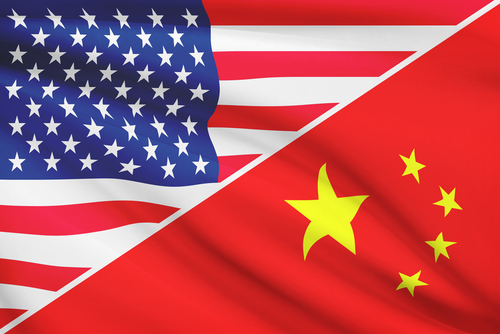This week, the United States swore in President Joe Biden. On the same day, President U Win Myint formally accepted the credentials of incoming U.S. ambassador Thomas Laszlo Vajda. Meanwhile, Biden’s newly-nominated intelligence director Avril Haines affirmed her commitment for a strong stance against China.
The shakeup comes during a period of precarious relations between the U.S. and Myanmar. Gone is the unbridled optimism of 2015 and 2016, in which the Obama administration welcomed Daw Aung San Suu Kyi and the NLD with an end to lingering sanctions. After the renewed Rakhine crisis, the U.S. found itself caught between its reputation as a beacon of human rights and its need to counter the political and economic hegemony of China. Facing this dilemma, the Trump administration came out much stronger against China, waging a spirited propaganda war against its rival while remaining relatively passive on the subject on the Rakhine crisis.
Yet such a response fell squarely within Trump’s stated goals to distance the U.S. from the U.N. and international community, to prioritize American interests and security, and to come out strong against America’s rivals. Biden faces pressure to utterly reverse course, to rejoin global pacts such as the Paris Agreement, to renew the role of the U.S. in the United Nations and, perhaps, to come out strong regarding the Rakhine crisis. The Biden administration may have to make new and strong choices about its involvement in Myanmar and its relationship with the NLD government, and those choices could affect Myanmar’s political and economic future.


